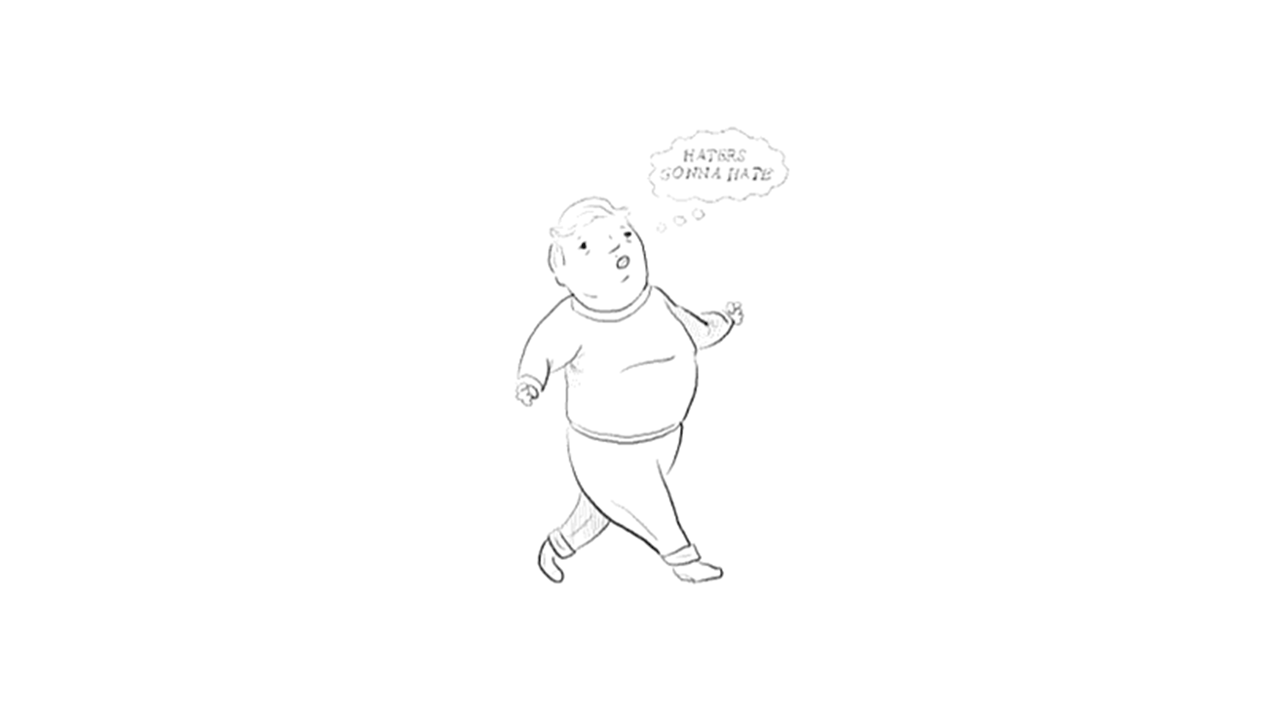In their new paper “Attitudes Without Objects: Evidence for a Dispositional Attitude, its Measurement, and its Consequences,” psychologists Justin Hepler and Dolores Albarracin explain that individuals who usually tend to respond to things negatively will statistically react in a negative way to new things. Translation: “Haters gonna hate.”
If individuals differ in the general tendency to like versus dislike objects, an intriguing possibility is that attitudes toward independent objects may actually be related. So someone’s attitude toward architecture may in fact tell us something about their attitude toward health care because both attitudes would be biased by a disposition to like or dislike stimuli.
To gather the findings, Albarracin and Hepler asked the recruited participants to rate several arbitrary things such as cold showers, architecture and soccer from “most favorable” to “least favorable.” Afterwards, each participant was asked to evaluate a new product (that didn’t actually exist), proving that volunteers who reacted negatively towards most things were more likely to continually respond in a negative manner.
The proper scientific name for this type of mindset is now known as a “dispositional attitude” and can be seen as direct proof that there is simply no pleasing some people. Haters are still going to hate.
(Image: KnowYourMeme)


